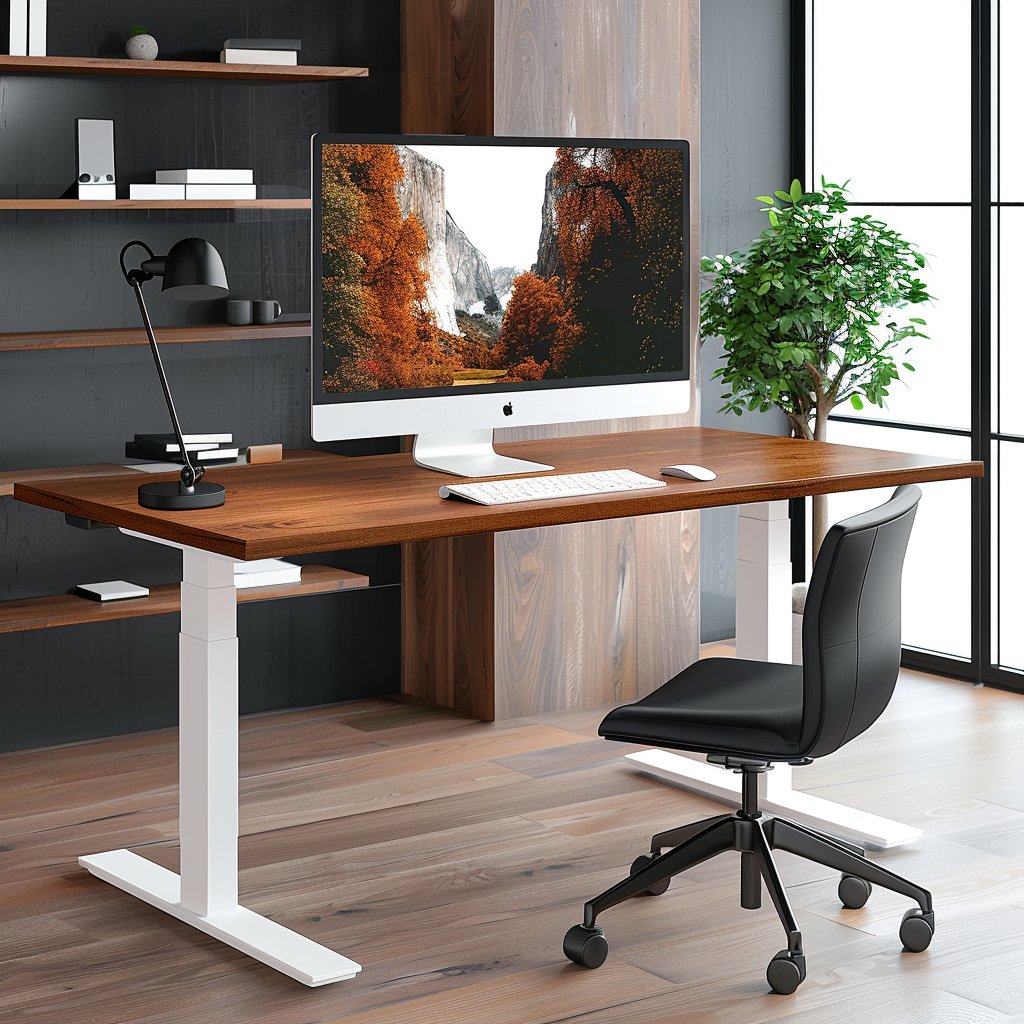
How to Use Height Adjusting Table Correctly
In today's dynamic world of office ergonomics, height-adjusting tables have become essential for enhancing both health and productivity. These versatile workstations enable users to switch effortlessly between sitting and standing positions, thereby minimizing the adverse effects associated with prolonged sitting. To fully reap the benefits of these ergonomic innovations, it is crucial to understand how to use them effectively.
Understanding Your Height-Adjustable Table
Before you start using your height adjusting table, it's important to understand how it functions. Typically, these tables come with different mechanisms such as manual crank systems, pneumatic levers, or electric controls that allow you to change their height. It's essential to familiarize yourself with these controls so that you can adjust the table smoothly as needed during your workday.
Finding Your Ideal Heights
The popularity of height-adjusting tables lies in their ability to cater to personal preferences. To determine your ideal heights, follow these steps:
Sitting Height
Adjust your table so that your elbows form a 90-degree angle while typing. Ensure your feet are flat on the floor or a footrest, and keep your thighs parallel to the ground.
Standing Height
If you switch to standing, raise the table to maintain a 90-degree angle at your elbows while typing. Keep your wrists in a neutral position to reduce strain.
Variability
Embrace dynamic working by changing your table height regularly. Alternate between sitting and standing every 30 to 60 minutes to prevent stiffness and improve blood circulation.
Maintaining Proper Posture
Sitting:
- Keep your back straight, shoulders relaxed, and feet flat on the floor or a footrest.
- Adjust the height of your desk so that your wrists are naturally aligned when typing.
Standing:
- Distribute your weight evenly between both feet and avoid locking your knees.
- Maintain a slight bend in your elbows and engage your core muscles to support your spine.
Organizing Your Workspace
Cable Management
Use cable trays or clamps to organize cables neatly and keep them out of the way, especially when adjusting the table's height.
Personal Items
Place frequently used items within easy reach to avoid straining yourself by reaching across the table.
Conclusion
Height-adjustable tables offer users the flexibility to customize their workstations according to their specific needs. By understanding and implementing the recommended usage practices outlined above, you can unlock the full potential of these ergonomic solutions to enhance comfort, promote better health, and increase productivity in your everyday work routine. Embrace the freedom they offer and integrate ergonomic excellence as an essential part of your workplace strategy.
